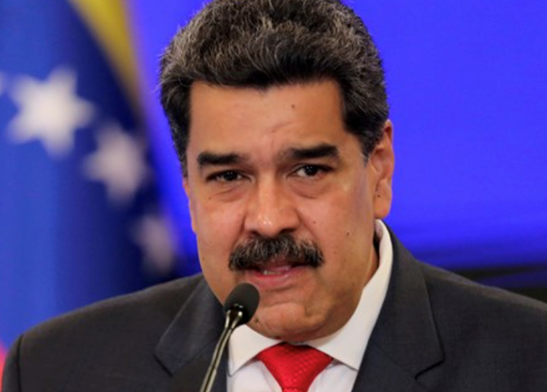In April 2013, Ahmadinejad traveled to Caracas to congratulate Maduro on his elevation to the presidency. While there, he stated that Iran’s relations with Venezuela “symbolize” its relations with Latin America, intending to build on and extended its steady relations with Venezuela to the rest of Latin America. But the subsequent Hassan Rouhani administration, taking power in August 2013, failed to realize his predecessor’s vision. Unlike Ahmadinejad, President Rouhani sought to improve relations with the West and reduce Tehran’s international isolation. He, therefore, deprioritized relations with Venezuela, traveling to Venezuela only once during his eight years in office. Maduro did not visit Tehran for five years before June 2022, when he and the Ebrahim Raisi Administration signed a 20-year cooperation agreement.
Despite the slowdown in high-level diplomacy during the Rouhani era, cooperation based on shared interests continued. For example, as oil prices plummeted and damaged national finances, Rouhani proposed colluding with Venezuela at OPEC to “thwart world powers’ strategies…and to stabilize prices at a reasonable level in 2015.” The following year, Maduro visited Tehran for the second time to reaffirm their countries’ mutual alliance against the U.S.
In 2018, following the Trump Administration’s withdrawal of the U.S. from the Iran nuclear deal, formally known as the Joint Comprehensive Plan of Action (JCPOA), Iran increased its support for the Maduro regime, which had been facing a domestic political crisis and heightened U.S. pressure. Iran began shipping gasoline to the embattled regime—an arrangement that has accelerated since President Raisi took office.
There were also reports Iran was considering shipping missiles to Venezuela. In October 2020, then-U.S. Special Representative for Iran and Venezuela Elliot Abrams said, “the transfer of long-range missiles from Iran to Venezuela is not acceptable to the United States and will not be tolerated or permitted.” The missiles were never shipped. However, in July 2021, a few days before Rouhani left office, Iranian warships were identified carrying attack craft, believed to be headed toward Venezuela for delivery. The warships eventually changed course toward the Russian city of St. Petersburg, after U.S. officials threatened Venezuela with sanctions should it allow the warships to dock.
